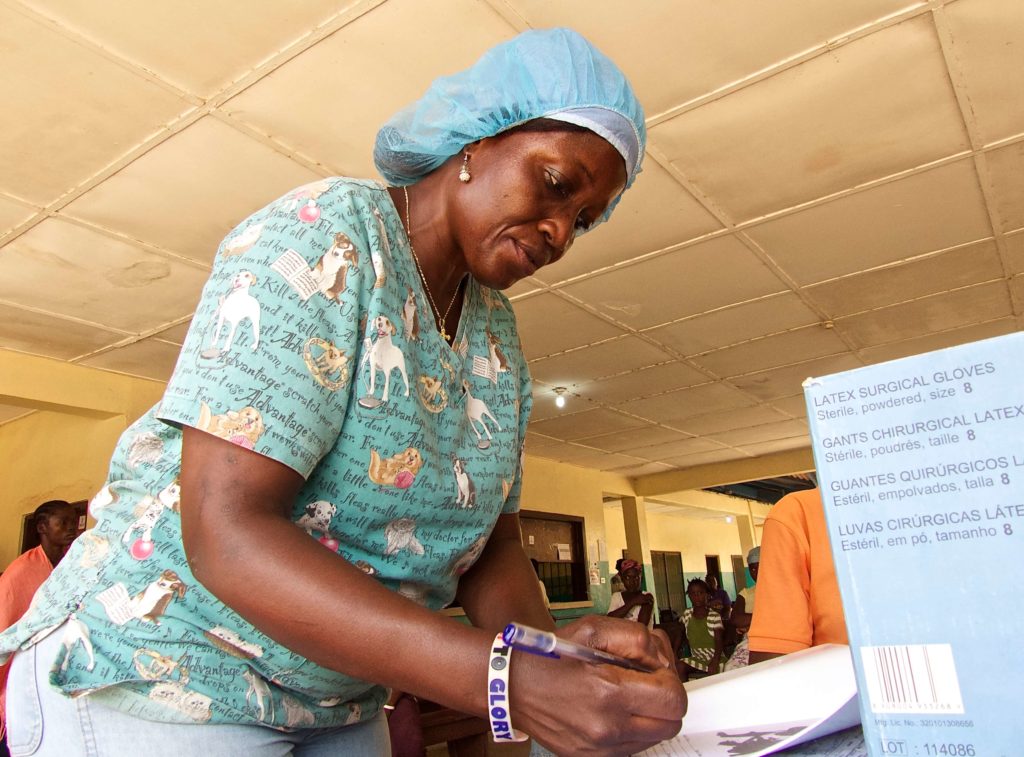Influence of Sociospatial Determinants on Knowledge, Attitudes and Practices Related to the Plague in a Population Living in Endemic Areas in the Central Highlands, Madagascar
Influence of Sociospatial Determinants on Knowledge, Attitudes and Practices Related to the Plague in a Population Living in Endemic Areas in the Central Highlands, Madagascar
Abstract
Background
Plague is endemic to the central highlands of Madagascar. Sporadic human cases or outbreaks can occur annually in these areas. In Madagascar, the associations between endemicity and the knowledge, attitudes and practices (KAP) of the population with regard to this disease remain poorly documented. The aim of this study was to assess KAP related to plague among the population living in the central highlands.
Methods
A cross-sectional survey was conducted in the general population from June to August 2017. Based on the reported cases of plague between 2006 and 2015 in two central highland districts, a KAP questionnaire was administered in the population. Based on the proportion of correct answers provided by respondents, KAP scores were classified into three KAP categories: low (< Mean – SD), medium (Mean ± SD) and good (> Mean + SD). Multivariate analyses were performed to determine the associations between population KAP scores related to plague and sociodemographic and epidemiological factors. In addition, individual interviews and focus groups with health professionals were conducted to assess plague perception.
Results
A total of 597 individuals participated in the survey; 20% (n = 119) had a good KAP score, 62% (n = 370) a medium KAP score and 18% (n = 108) a low KAP score. Among the 119 respondents with good KAP scores, 80% (n = 95) resided in Ambositra district, and 20% (n = 24) resided in Tsiroanomandidy district. According to the health professionals in the two districts, populations in endemic areas are well aware of the plague. There were significant associations (p < 0.05) of not owning a mobile phone, having no contact with a former plague case, and living in Tsiroanomandidy district with a lower KAP score.
Conclusion
The results of the study showed the need to adapt plague control interventions to the local context to allow a better allocation of human and financial resources. Doing so would minimize delays in patient management care and increase community resilience to plague epidemics.
